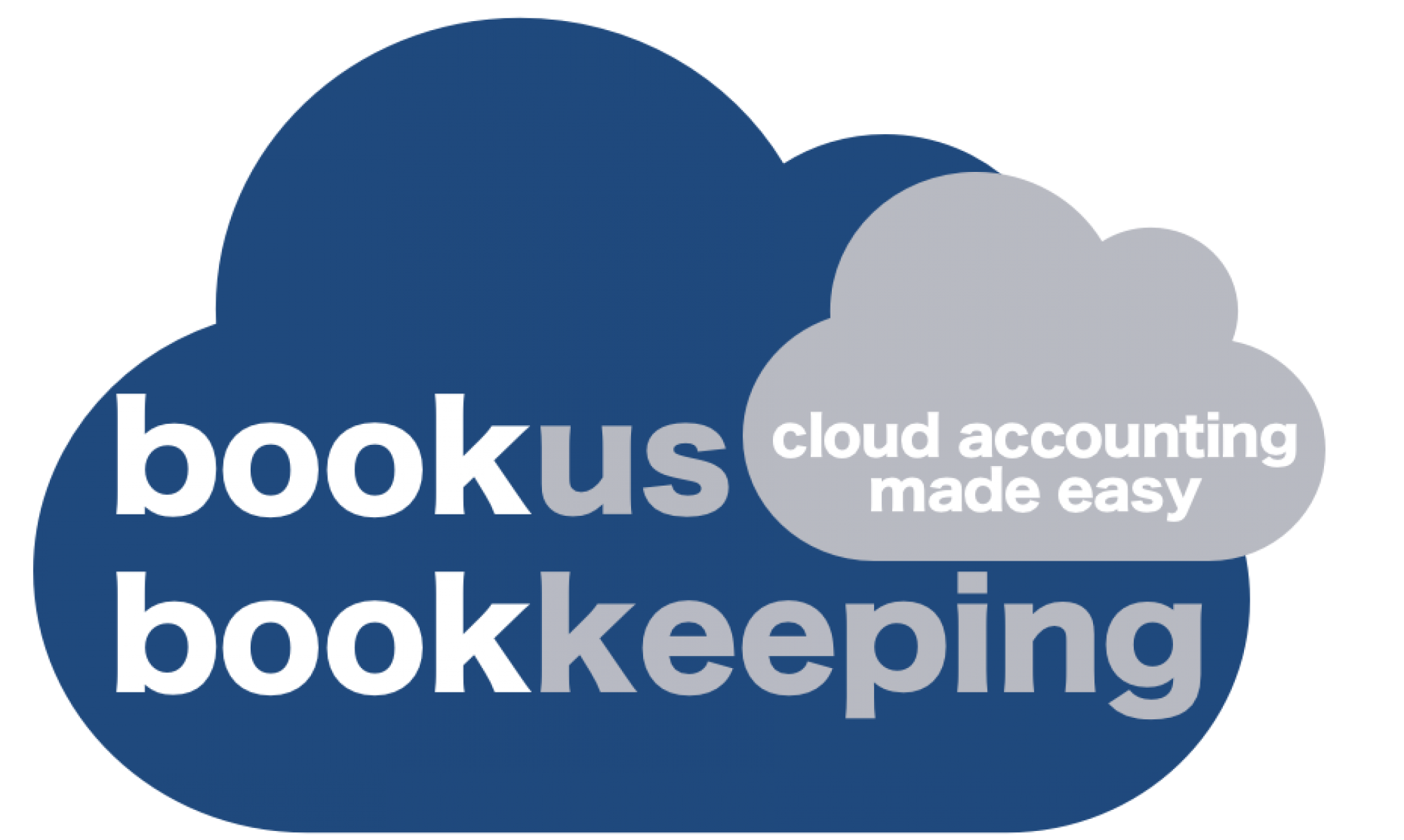Let’s be honest, we have all been guilty of leaving our tax
planning to the last minute. But this year, tax advisers are getting in early with
a warning for small businesses to act now. Due to the economic uncertainty of
the 2020-2021 financial year, Small and Medium Enterprises (SME) should be
motivated to review tax planning strategies now, rather than leaving it to the
last minute.
Following a year of disturbances, small business owners and individuals should
be trying to maximise their returns and recoup any losses from the past year’s
downturn. We would love you to have a chat about the following points with your
tax agent to see which may benefit you and how to go about applying them.
Key Areas of attention:
- Super Guarantee (SG): SG contributions must be paid by 30 June 2021 to qualify for a tax deduction in the 2020-2021 Financial Year. The Superannuation fund must receive the payment by 30 June 2021. As it can take over a week for the payment to be submitted through to the superfund, it would be advisable to pay this by mid-June where possible.
- Temporary Full Expensing (Instant Asset Write-Off): Policies have been expanded again in the last two federal budgets as part of the government’s Covid-19 initiative to encourage business spending to improve cash-flow. There is no limit to the amount a small business can write-off under this concession and unlike larger businesses, small businesses with an aggregated turnover of less than $50 million receive a full write-off for second-hand assets. The claim timeline has been extended to June 2023 in the Federal Budget but there are still time advantages to claiming in the 2020-21 Financial Year
- Loss Carry-back: Introduced in the October 2020 federal budget and extended for 12 months longer in the May 2021 budget, this allows companies to “carry-back” tax losses incurred in the 2019-20, 2020-21, 2021-22 & 2022-23 income years to an earlier year as far back as 2018-2019. A refund could be claimed on lodgement of tax returns from the 2020-21 year onwards, representing the tax savings that would have arisen if the tax loss had been available to claim earlier in the year.
- Small Business CGT Concessions: Those operating a small business may be eligible for these concessions on the sale of business assets or sale of shares in a company carrying on business. The concessions may be available where the aggregated turnover is less than $2 million or total net assets (excluding the Family Home & Superfund Balance) less than $6 million, although eligibility rules are extremely strict, having been tightened significantly in recent years
- Income Deferral: Businesses may wish to delay tax payments on assessable income this financial year by deferring invoices until after 30 June 2021. Income from payments won’t be taxed until the following financial year.
It is important to be aware that by using any available tax strategies now, both individuals and businesses will set the tone for the following financial year. Once you get into the habit of being fully across your tax administration and what needs to happen, it becomes much easier and more efficient to manage. Tax legislation is constantly changing and having one’s tax planning up-to-date can ensure that changes are used effectively.
